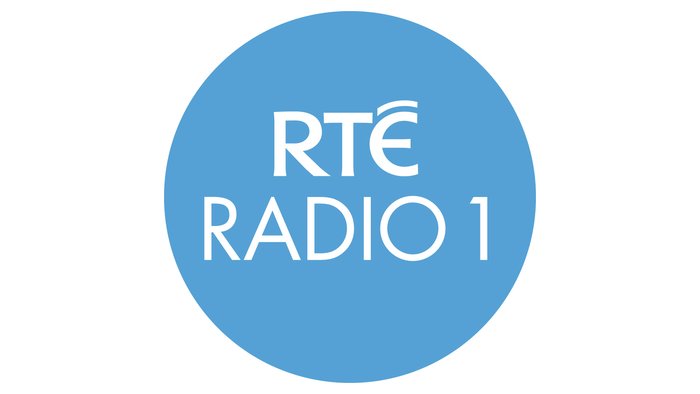Blog
RTÉ Radio 1 Drivetime: Ireland’s shortage of acute mental health beds
- May 11, 2021
- Category: Blog College in the media External Affairs & Policy Media Mental Health Legislation Of interest from media

Consultant Liaison Psychiatrist, Professor Anne Doherty, speaks with Sarah McInerney for RTÉ Radio 1 Drivetime to discuss a continuous decrease in acute mental health beds in Ireland, down from 4,000 in 2005 to just 1,000 today. This is being driven by a dearth of funding for mental health services in Ireland, with the percentage of the overall health budget apportioned being significantly below the European average.
Read an overview, with excerpts from the interview, below. Listen on the RTÉ website here.
Prof Doherty discussed how the current decline in the number of acute beds in Ireland originates from the gradual process of deinstitutionalisation, a process which began in Ireland in the 1970s and was a drive to move patients from institution-based care into community settings. However, in Prof Doherty’s experiences, this decrease may have gone too far, with now only 22 beds per 100,000 patients nationally, greatly less than the EU average of 70 beds per 100,000.
“A lot of this comes back to funding. We know that in Ireland about 5% of the whole health budget goes to mental health, even though it’s probably about 30% of the actual burden of illness. Whereas in the UK, in the Netherlands, in New Zealand, in most other developed countries, the funding is 12-13% of the whole health budget.”
Overall, this has led to under-resourced services being stretched thin, so much so that a person who is suicidal may need to be turned away from the service in favour of more acutely ill patients.
We do our best in a clinical basis and we give people the best care that we possibly can, but because of those limitations in the care and because of the stretched-ness of services, it becomes difficult to give people the care that we might like to give them if we had carte blanche to do whatever we wanted.
Because of a lack of access to beds, those who have the most severe mental illnesses may alternatively end up in homelessness or the prison system, often connected to the fact their illness has contributed to the loss of a job or inability to continue rent or mortgage payments. The hope is that if the mental health services weren’t so stretched at all times, those with severe mental illness could be treated promptly before a worsening of condition, or indeed before they end up in those systems. What is required is an increase of the overall mental health budget, in line with international norms of 10 – 12% of the health budget, and the further funding of greatly needed acute hospital beds.
